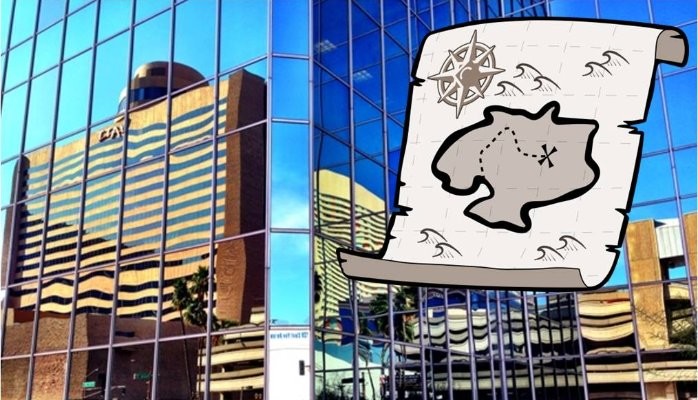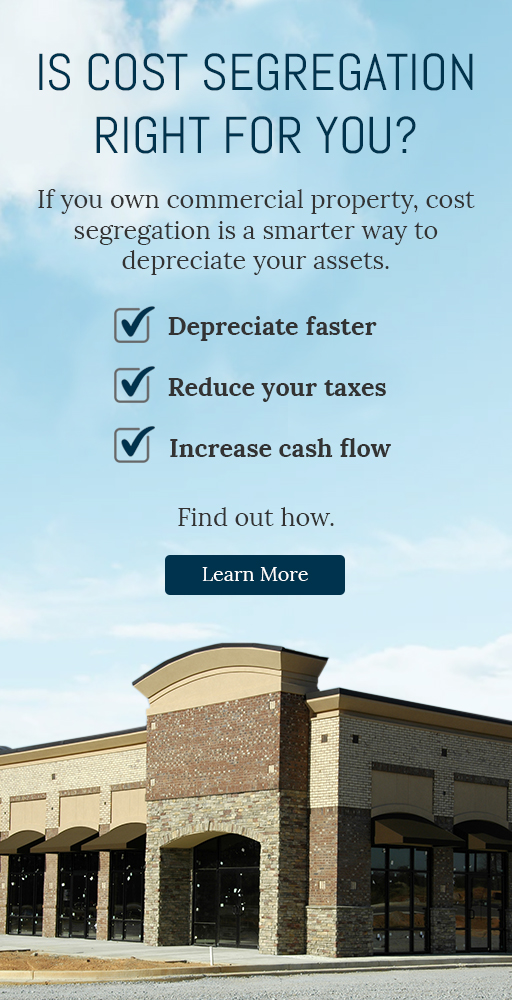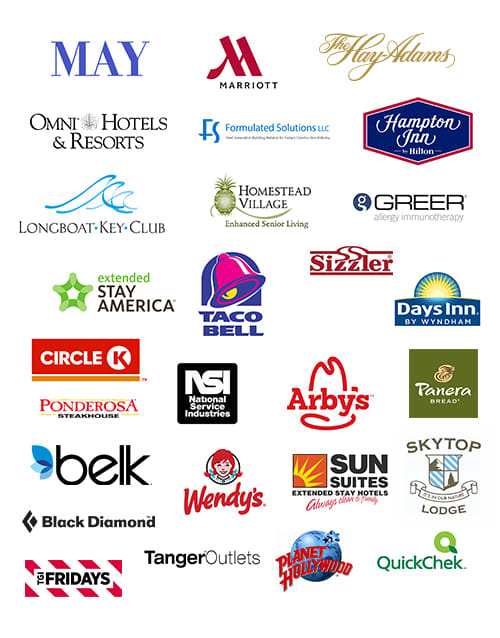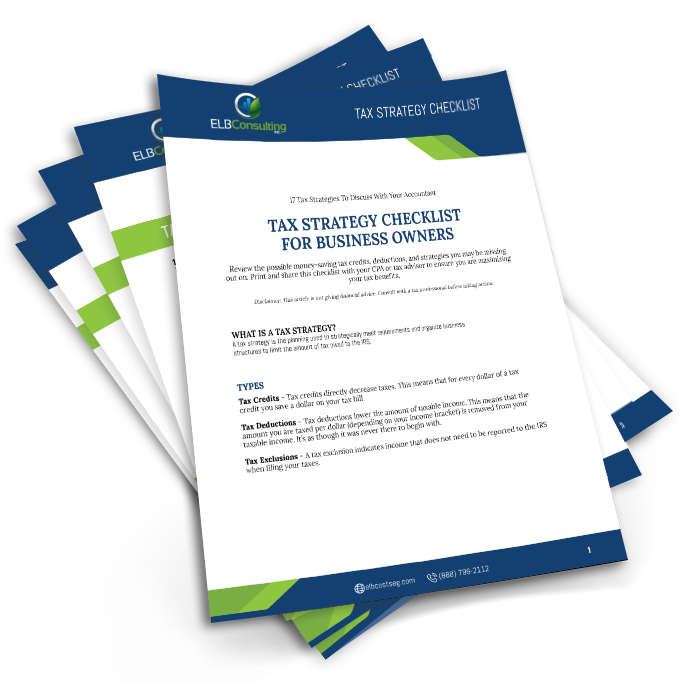We hear the incredible stories of the rare find painting at a yard sale, in an attic, at a flea market, etc. For example, there’s the Canadian woman in the 1990s who haggled over an $8.00 sporadic canvas laying in the corner of a California thrift store and then bought it for $5.00. What she had planned to drink beer and throw darts at with a friend; turned out to be an original Jackson Pollack now hanging in a gallery and valued at approximately $50,000,000. There are stories of contractors and homeowners who find money boxes, various valuables or artifacts in the walls, basement, or attic of an old home when doing renovations. Or the great “barn find” of a classic automobile, forgotten and mothballed; now worth millions at an exclusive auction.
Occasionally beachgoers, divers, or hikers may accidentally stumble upon a rare and valuable find. Though modern-day treasure hunting usually takes painstaking research and work to identify and find the lost and forgotten “booty” of a sunken ship, treasure or artifact.
We have the image of Harrison Ford’s ‘Indiana Jones’, Johnny Depp’s ‘ Captain Jack Sparrow’, or Nicholas Cage’s character in ‘National Treasure’ — and that in order to find hidden treasure; one must seek faraway adventure, intrigue, swashbuckling heroics, and the life-threatening danger these fictional Hollywood characters confront.
Is Treasure Finding Always Fictional?
While the reward of riches may be found with the lost artifact, many do it for the adventure and challenge, the reward is a bonus. Countless novelists create the gripping, page-turning fictional stories of treasure hunters and the villains after them.
Finding treasure does not have to be fictional. It can be identified using expert engineering and a full understanding of tax guidelines these days. This modern-day treasure is identified, the payout is essentially distributed by the U.S. Department of Revenue (commonly known as the I.R.S.).
Treasure in Commercial Real Estate
If you own commercial real estate (CRE) with improvements valued at $500,000 or more, there is certainly treasure hidden in your walls, under your floors, in the spaces over your ceilings, and both above and underground on your property.
There is likely treasure (in the form of taxdeductions and increased cash flow) hidden within the boundaries of your CRE property
How Do You Uncover Hidden Treasure in Commercial Real Estate?
Through an engineered cost segregation study, the right professionals (hired essentially as your treasure hunters) will search out and identify the components of your building that qualify for a shorter tax life. By breaking down the physical components, it enables the commercial property owner realize the increased tax deductions, resulting in improved cash flow.
This is a “tax and cash flow” strategy. It essentially identifies hidden treasure within your CRE property. Not only can a cost segregation study provide for a significant cash infusion, as a byproduct and if done correctly, it delivers full compliance with the I.R.S. Tangible Property Regulations.
Whether new construction, an acquisition, or a renovation; or even a property that has lain dormant in your portfolio for 10 years or less – there is very likely tremendous cash value hidden within its boundaries.
Essentially all commercial real estate property types may qualify for this I.R.S benefit. The higher the Commercial Real Estate improvement value, the greater amount of hidden treasure there is to be found.
The experienced “treasure hunters” at ELB Consulting can find it for you!
You may be missing out on tax benefits.
Own commercial property?
We can help you find smarter ways to depreciate your property and reduce your taxes. Tell us about yourself and we’ll see how much you could be saving.




